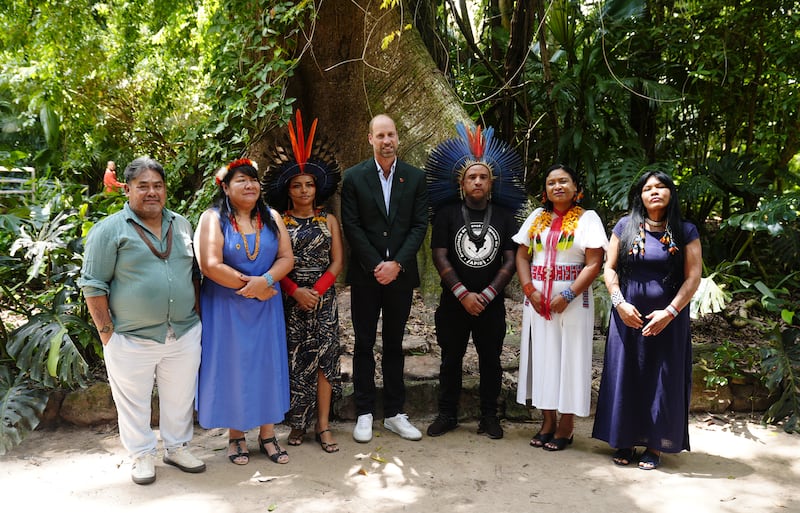
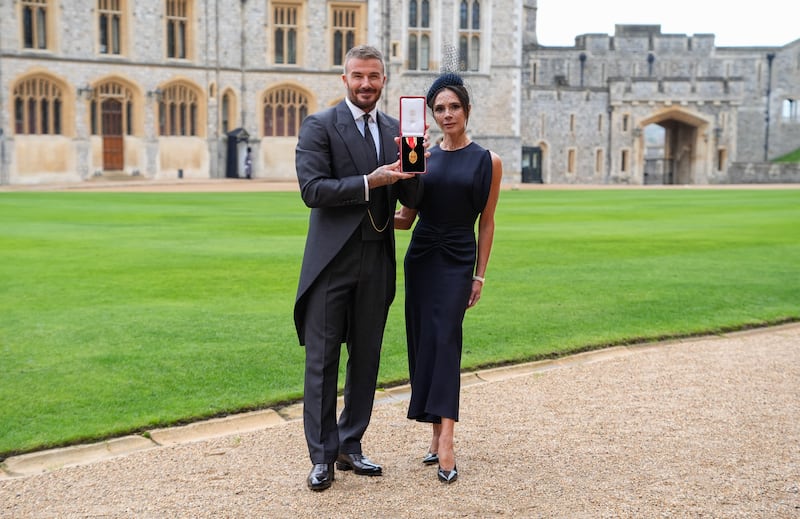
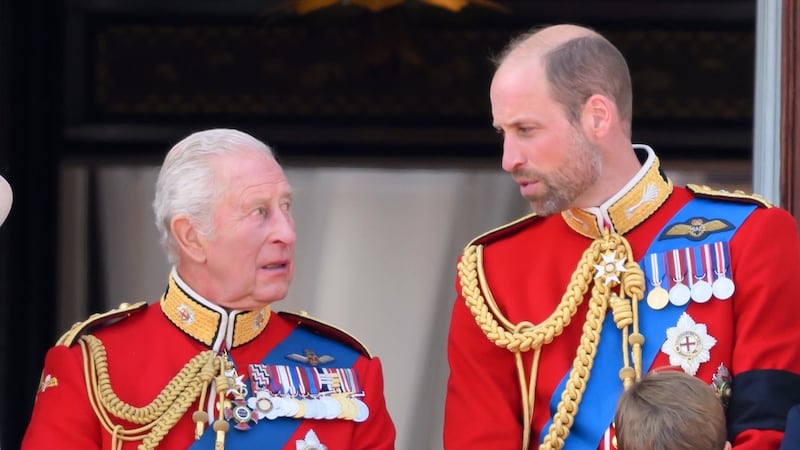
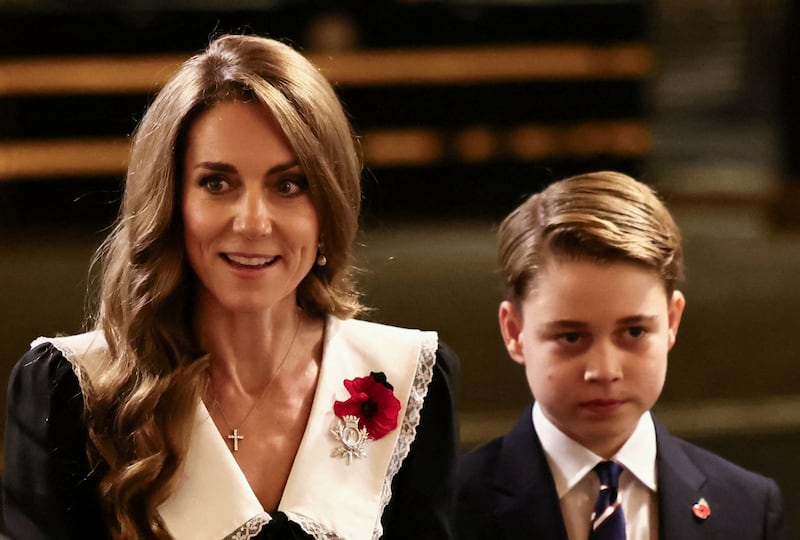
The Future on Display: Prince George Steps In

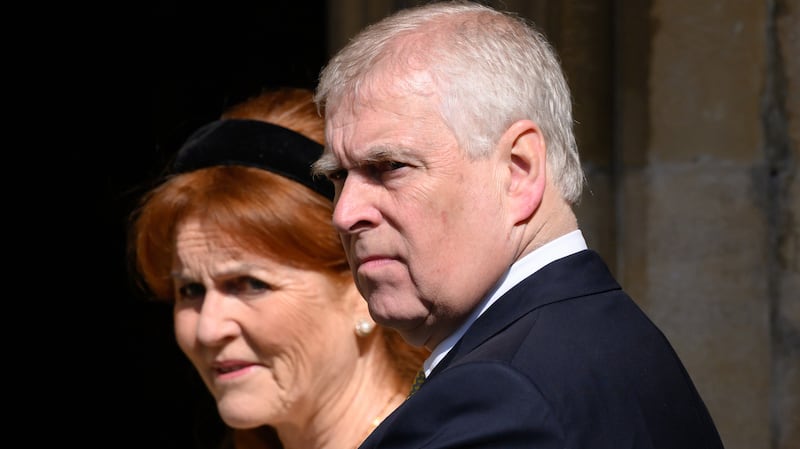
Sarah Ferguson’s Entanglements
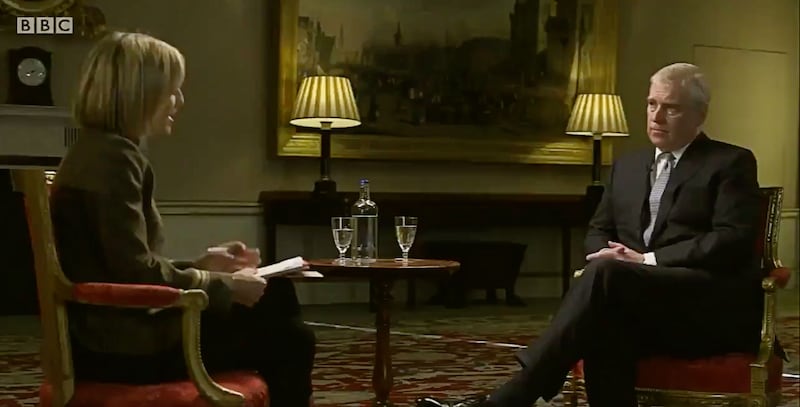
The post Prince William Misses Open Goal as King Charles Sets One Up for Sir David Beckham appeared first on The Daily Beast.
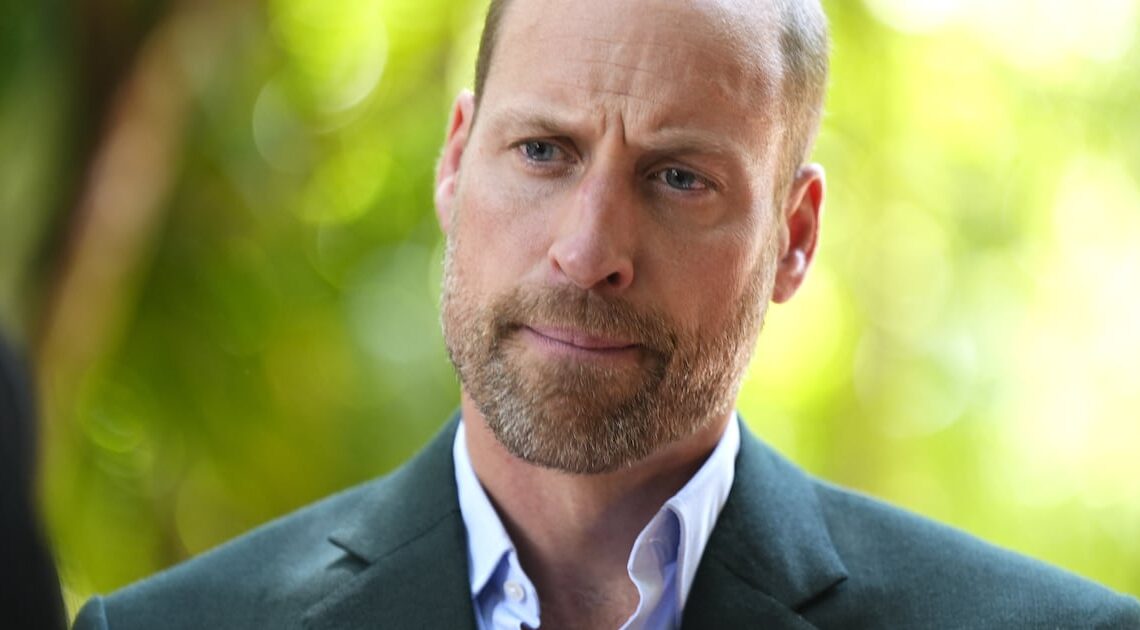







The post Prince William Misses Open Goal as King Charles Sets One Up for Sir David Beckham appeared first on The Daily Beast.
Pam Bondi’s “sneering” performance before the House Judiciary Committee on Tuesday prompted the editors of the New York Times editorial ...
Read more